By Chibuike Alagboso and Beti Baiye (Lead Writers)
On Monday, 18 July 2022, Ghana declared the first-ever outbreak of the highly infectious Marburg virus in its southern Ashanti region. Efforts are currently underway to investigate and trace contacts as well as to respond to and prevent further spread. Following so closely on the heels of the COVID-19 pandemic, it is certain that the Ghanaian authorities should draw on the lessons learned from the COVID-19 pandemic as they respond to the new health emergency.
The outbreak of Marburg virus disease, monkeypox, Ebola Virus Disease (EVD) and the COVID-19 pandemic are reminders that we are at a constant risk of emerging and re-emerging infectious diseases. It is therefore imperative that countries strengthen their national health security as infectious diseases have no respect for borders.
For Nigeria to build a more resilient, health security architecture, it must boost sub-national capacity to prevent, detect and respond to infectious disease outbreaks. The nation’s response to the COVID-19 pandemic — how sectors, organisations and people rallied together to collectively response — has enabled insights to be gathered and learnings to improve health security at the national and sub-national level.
Decentralising health security
Recognising the importance of taking a critical look at Nigeria’s COVID-19 response and lessons learnt, a policy dialogue themed: “Decentralising Health Security, Lessons from COVID-19” was convened to discuss the response at the national level and learnings for sub-national health security; how best to leverage on private sector capacity to strengthen health security structures at national and sub-national levels; and how capacities built during the pandemic can be sustained to strengthen the nation’s health systems.
Speakers and panelists who spanned the private, public, non-profit and multilateral sectors leaned on their experiences responding to the COVID-19 pandemic to reiterate strategies for improving health security through decentralisation.
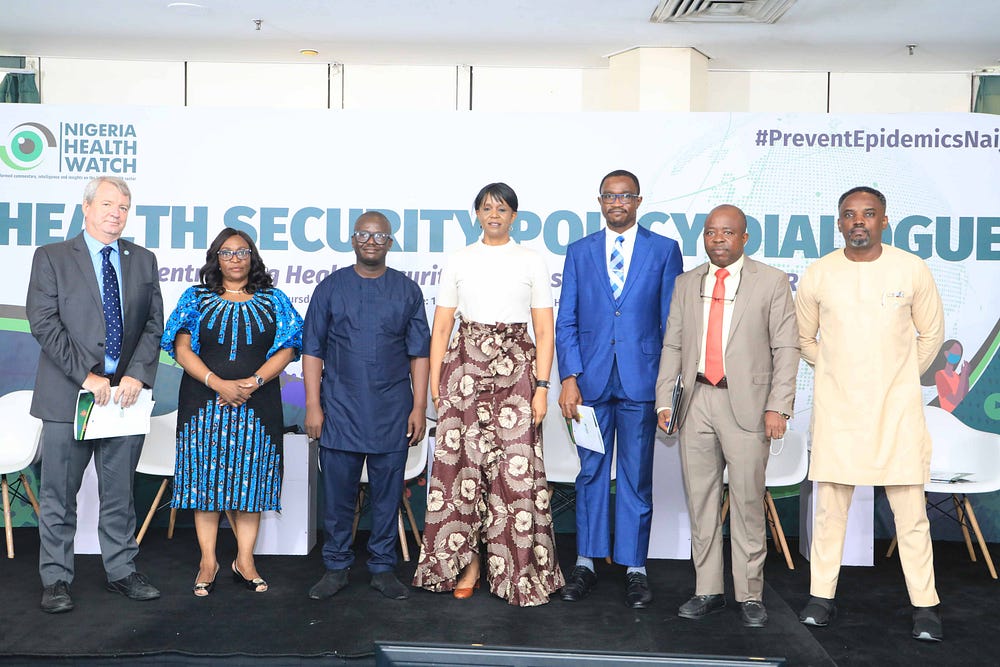
While giving her opening remarks, Vivianne Ihekweazu, Managing Director, Nigeria Health Watch, said the time between public health events provides an invaluable opportunity to reflect and prepare better by building on the gains to strengthen health security. “COVID-19 really hit us hard and this might not be the last disease outbreak in Nigeria. We must build on the gains of the COVID-19 response in Nigeria to strengthen the country’s health security at sub-national level,” she added.
Decentralising health security begins with states realising that they have the power and responsibility to build the systems to respond to health emergencies to improve outcomes and overall public health of their people. Sub-national coordination for epidemic preparedness according to Dr Ifedayo Adetifa, Director General, Nigeria Centre for Disease Control (NCDC), is critical to strengthening Nigeria’s health security. He re-emphasised NCDC’s commitment to continue pushing for states in Nigeria to see the power that lies in their hands to change their health outcomes.
Most of the experts agreed that this begins with achieving universal health care by strengthening primary healthcare. With strong primary health care, surveillance is strengthened and quality data gathering, and use is also improved because people interface more with the health system. “Achieving universal health coverage especially by strengthening primary healthcare is the first step in assuring our heath security,” Dr Adetifa said, adding that there’s only so much that can be done at the national level alone.
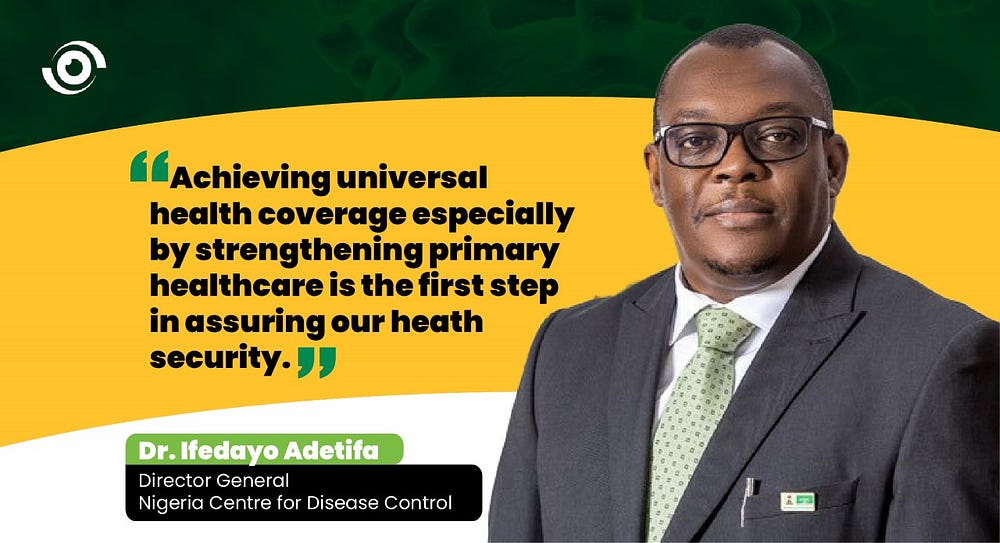
Nigeria’s pandemic response and its learnings for sub-national structures
Dr Festus Soyinka, Director of Public Health, Ogun State Ministry of Health said the state’s response was effective because there was sub-national participation and collaboration. The index COVID-19 case in the country was reported in Ogun State and in a bid to curtail the spread he said they worked with Lagos State and other neighbouring states on several aspects of the response including, getting information on visitors entering the state.
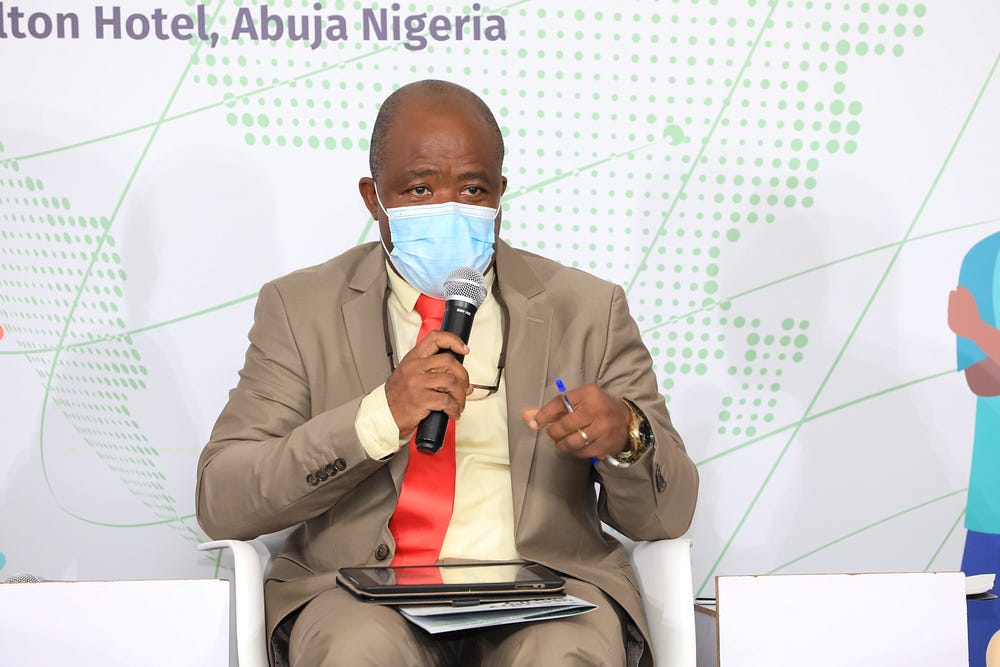
The #TakeResponsibility campaign launched by the NCDC encouraged every citizen to play their part by taking individual and collective responsibility to limit the spread of COVID-19. This was a key lesson that was replicated at the sub-national level. According to Dr Yahya Disu, Head of Communications, NCDC, they needed a campaign that would resonate with everybody and distill expectations across all levels, so the agency trained advocates and used local languages to disseminate the messages.
Sharing experience from the United Nations support to member states, Peter Hawkins, United Nations Children Fund (UNICEF) Country Representative, said the timing of the UN basket fund established to support the Government of Nigeria was crucial to the COVID-19 response. Speaking on measures to minimise disruptions to essential health services such as immunisation, Hawkins said states need to be accountable for integrated services for immunisation. In addition, they must ensure that funds allocated to immunisation and other services are used appropriately.
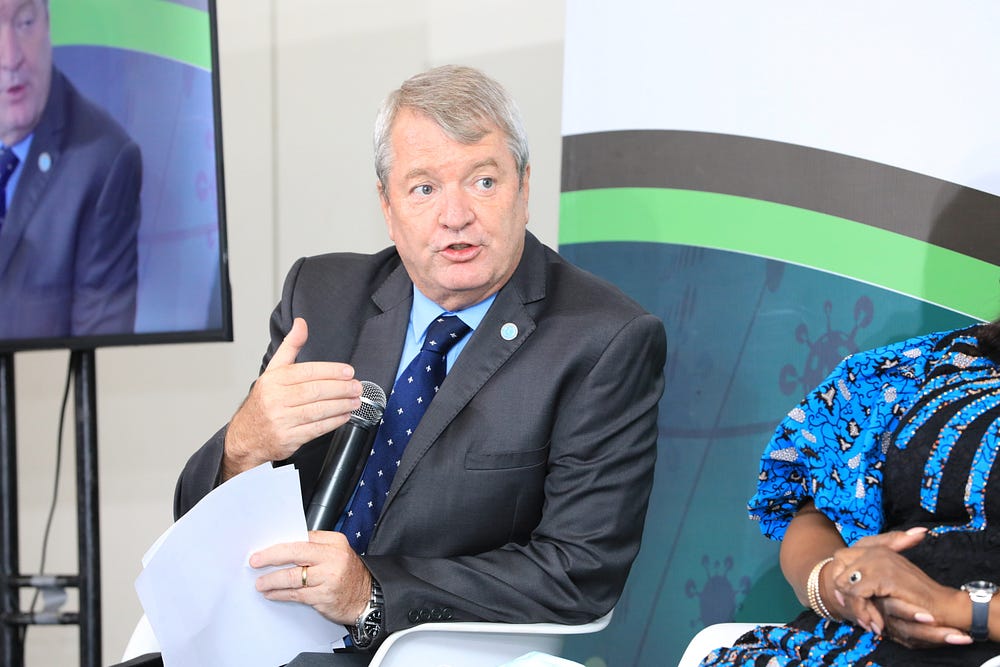
Leveraging on private sector capacity to strengthen health security structures at sub-national levels
The organised private sector played a critical role in supporting the pandemic response therefore, panelists also discussed how private sector investments can be harnessed to strengthen health security structures at the sub-national level. While this is already happening, it is important to continue scaling these efforts and ensure sustainability to maximise the impact.
The Adopt-A-Health Facility Program (ADHFP) where the Private Health Sector Health Alliance of Nigeria (PSHAN) is supporting the National Primary Health Care Development Ageny (NPHCDA) to deliver at least one quality Primary Health Care (PHC) centre in each of the 774 Local Government Areas (LGAs) in Nigeria ensuring that states can take quality health care closer to the people. PSHAN’s Head of Policy, Dr. Anne Adah-Ogoh, said the alliance adopts a bottom-up approach of addressing PHC strengthening to address the real needs of people.
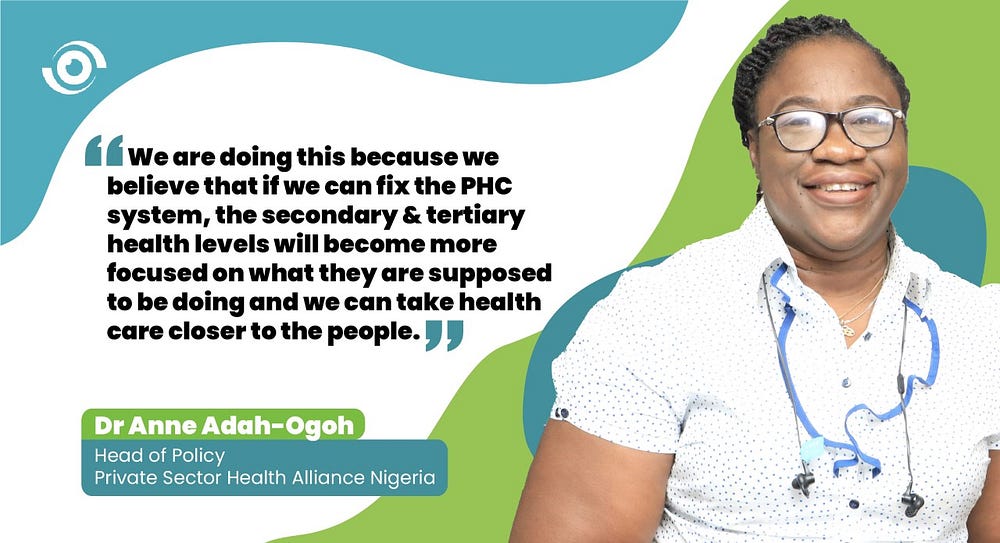
In some cases, these public-private sector collaborations exist, with technical capacities already built, before public health events happen. It is therefore easier to transition into responding to outbreaks. In addition to supporting the government in building technical capacity and understanding the importance of replicating national response strategies at the sub-national level, Niniola Williams, the Managing Director of DRASA Health Trust said they localise activities at the federal level to strengthen state structures. One of the ways they have supported health security response at the sub-national level is developing the first public health emergency contingency plan in Apapa port, Lagos State in partnership with ProHealth International. And this happened before the COVID-19 outbreak in 2020.
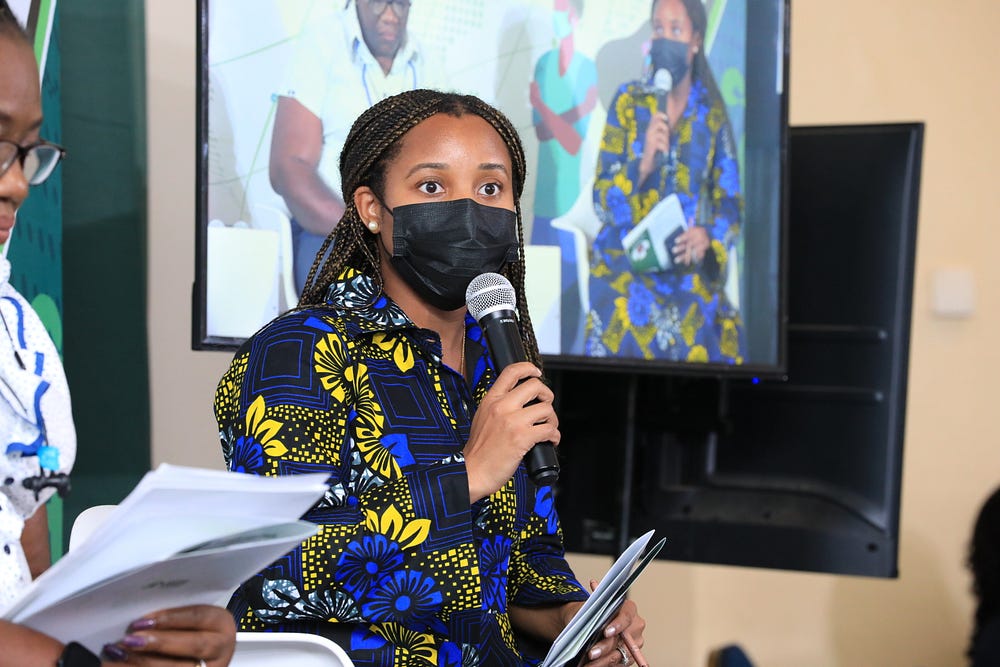
The consensus at the meeting was on the importance of community engagement. Dr Ifeanyi Nsofor, Senior Fellow, Aspen Institute, said this includes better active citizenship for healthcare. “People must come to the realisation that Nigeria is a federation and states have responsibilities to their people and not pointing to the federal government each time they are asked about the health sector performance”.
Delegates also agreed that a strong primary health care system is a must have for health security to be strengthened at the sub-national level. ONE Campaign recently launched a ‘State of Primary Health Care Service Delivery in Nigeria 2018–2021 Report’. The report highlighted the inequalities in access to healthcare around Nigeria revealing that 18 out of the nation’s 36 states are among the worst states to be a citizen in need of healthcare. However, it also stated that the factors driving poor performance among states can be overcome.
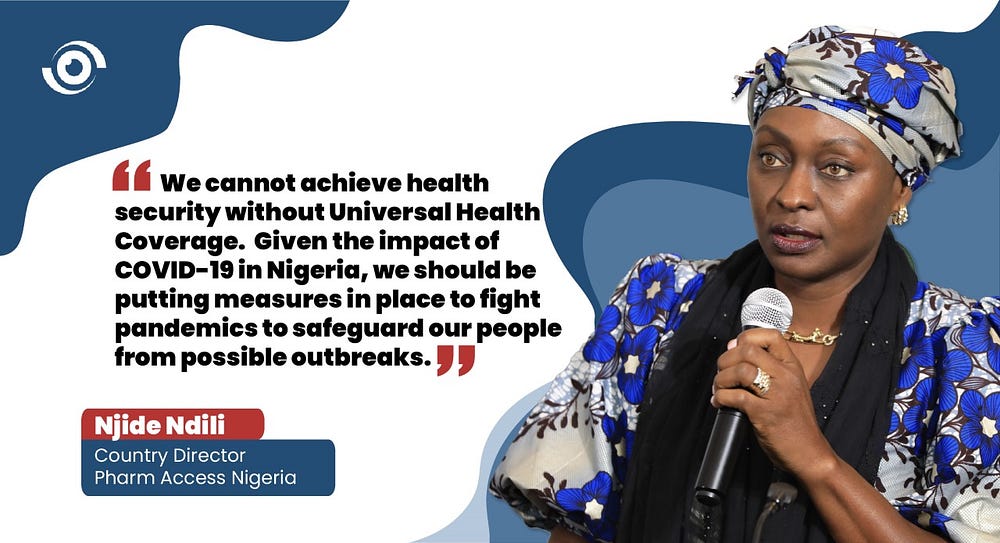
Inequities in access to healthcare translate to poor access to quality healthcare. Decentralising health security begins with ensuring that the right health services are available at all levels from the national to ensure structures are strengthened at the sub-national level. Ultimately infectious diseases often start in communities and that frontline response plays a critical role in building a resilient national health security architecture. Without quality health care at the PHC level and a well-resourced sub-national health system, strengthening sub-national health security might well be an unattainable goal.


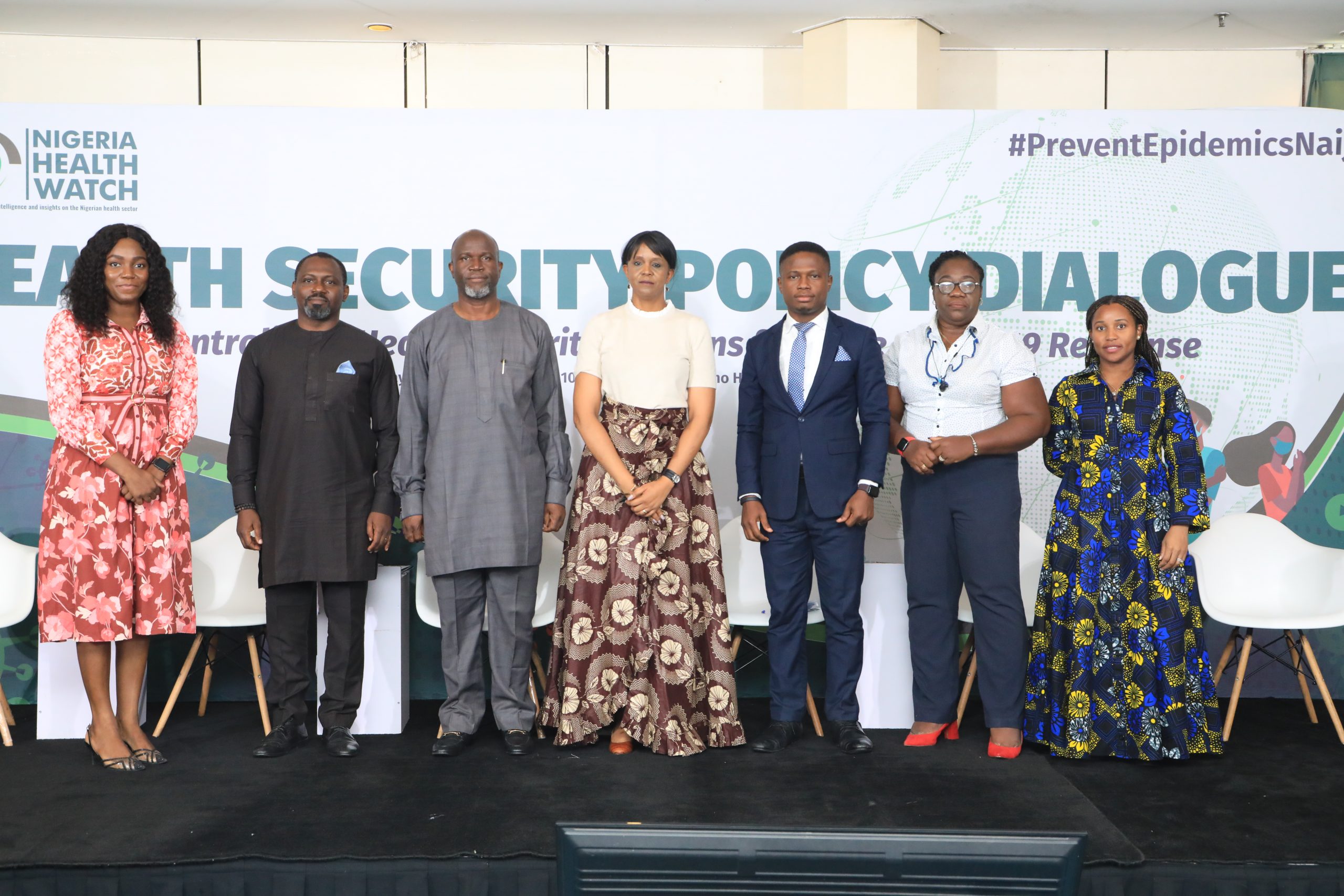
Informative. Very well done. Nothing further to add. I congratulate the speakers.